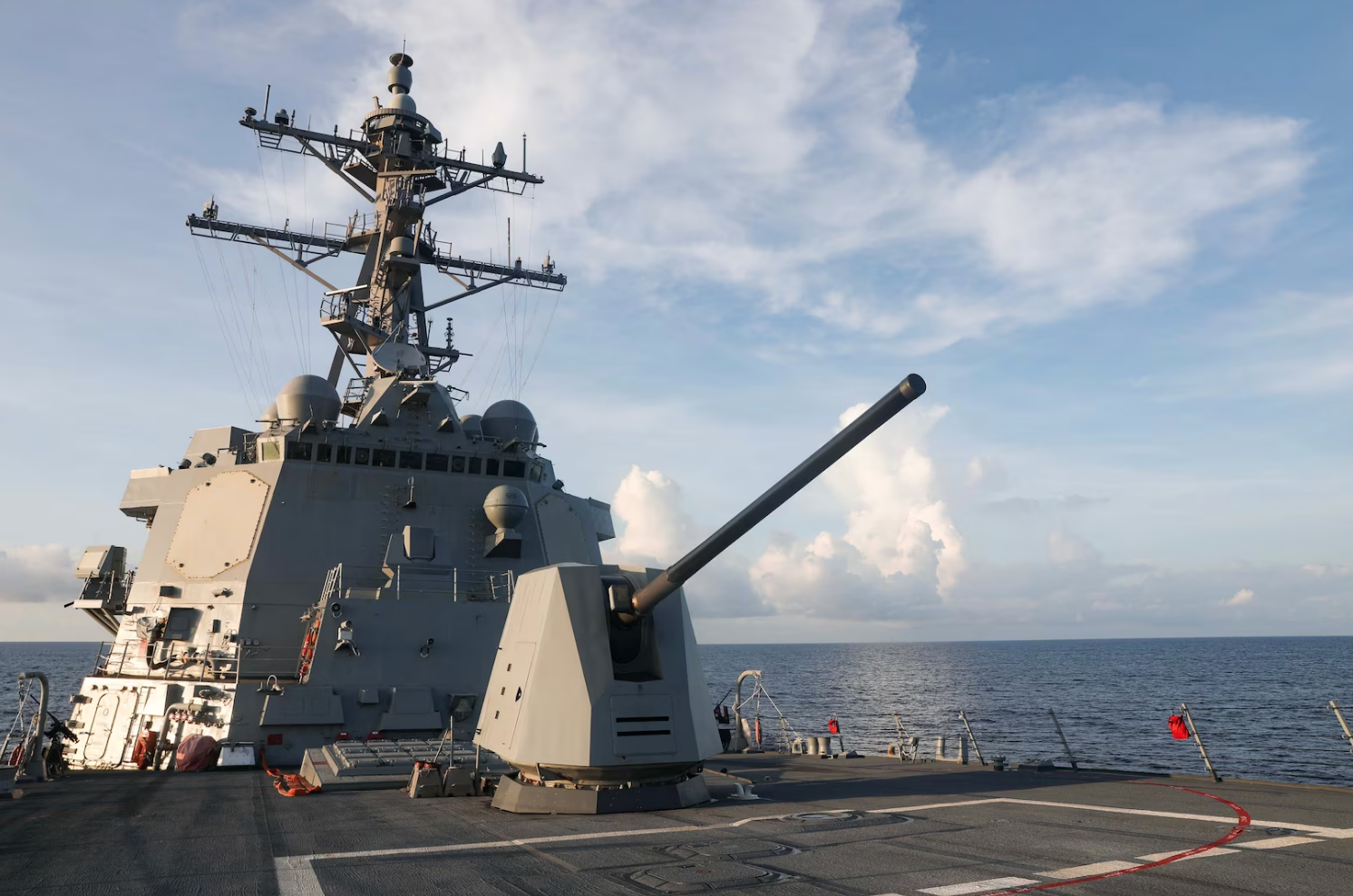South China Sea NewsWire Archive
Monthly Archive of Previous News Articles
Monthly Archive of Previous News Articles
Additional legislation would bolster American cooperation with India, Japan and Australia as part of Washington’s Indo-Pacific strategy.

A visiting Chinese official on Tuesday warned Australia to act with “great prudence” in deploying warships in the South China Sea after a recent confrontation between the two navies.

PLA command calls US the ‘biggest disrupter of peace’ in the region, accusing destroyer of ‘illegally’ entering waters near contested islands.
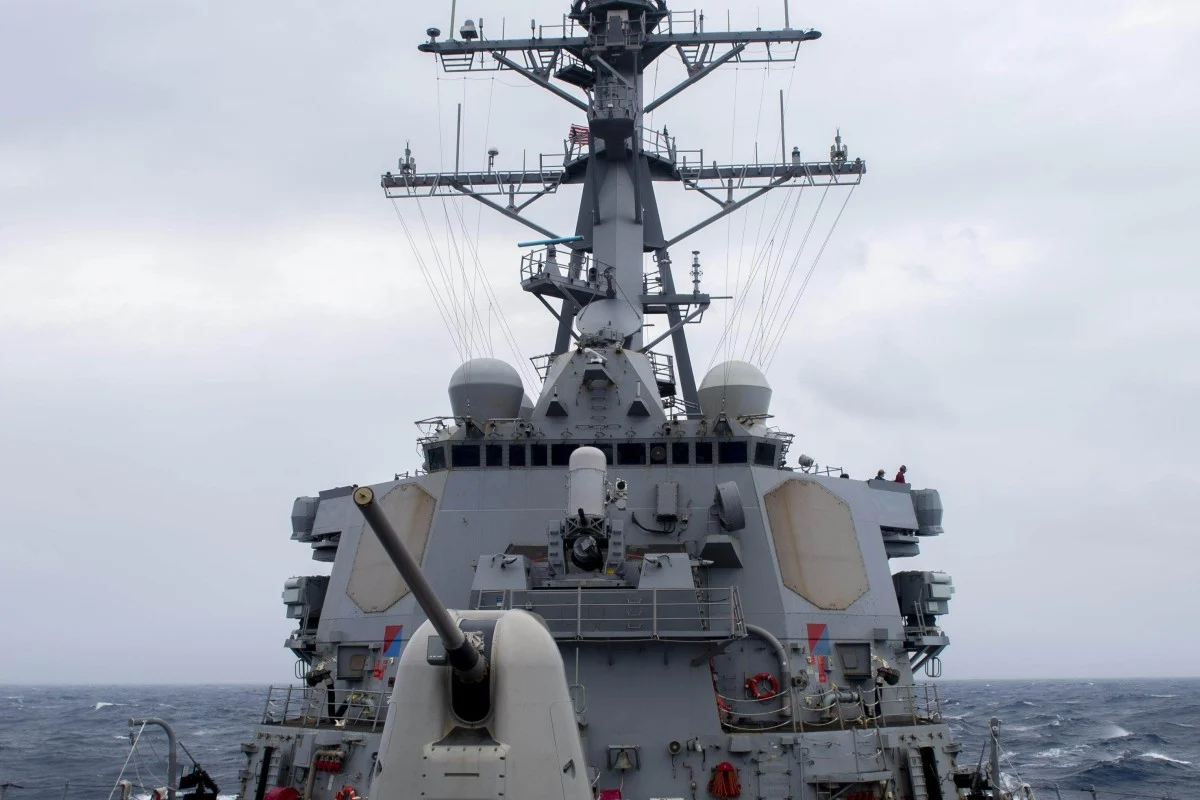
As Pacific countries closely monitor China’s growing assertiveness, Australia and the Philippines have started conducting joint air and sea patrols in the South China Sea. The purpose of the three-day drills is to reaffirm the countries’ stated commitment to greater cooperation and a rules-based order in the region, which follows discussions on joint patrols earlier this year.
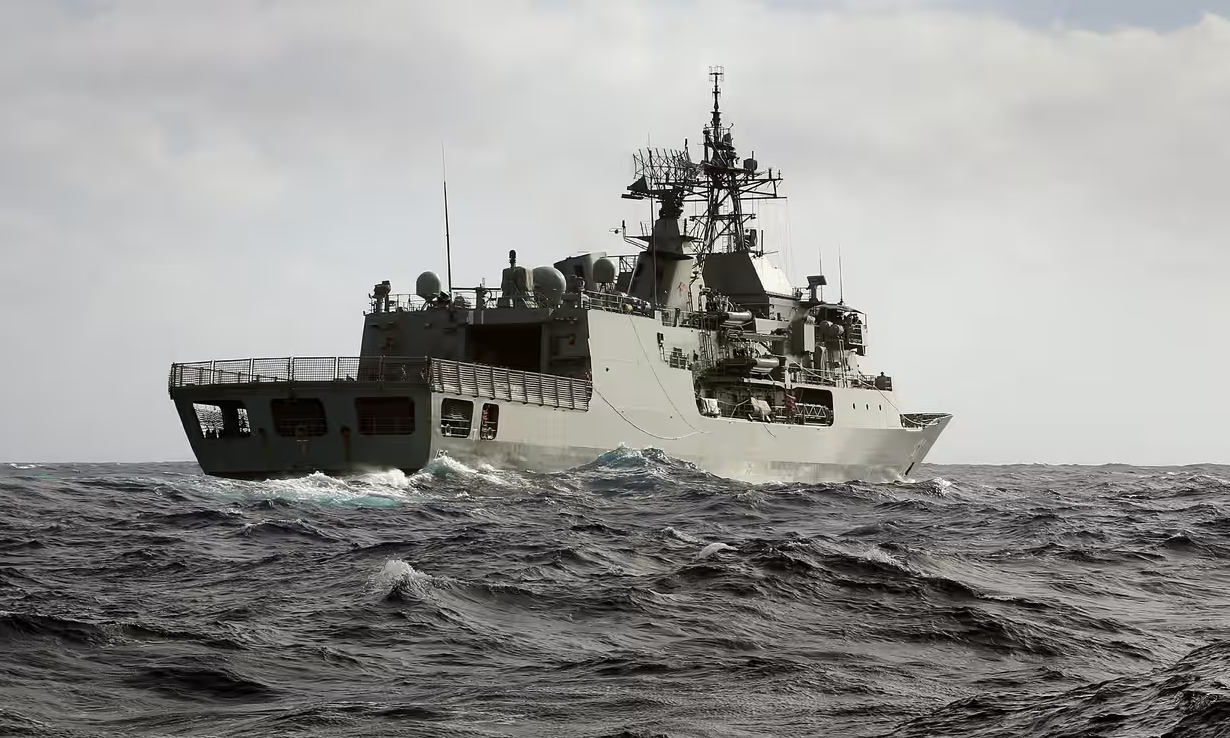
The Philippines is working on a separate code of conduct with neighboring countries such as Malaysia and Vietnam regarding their territorial conflicts in the South China Sea as a broader agreement with China has not been progressing.
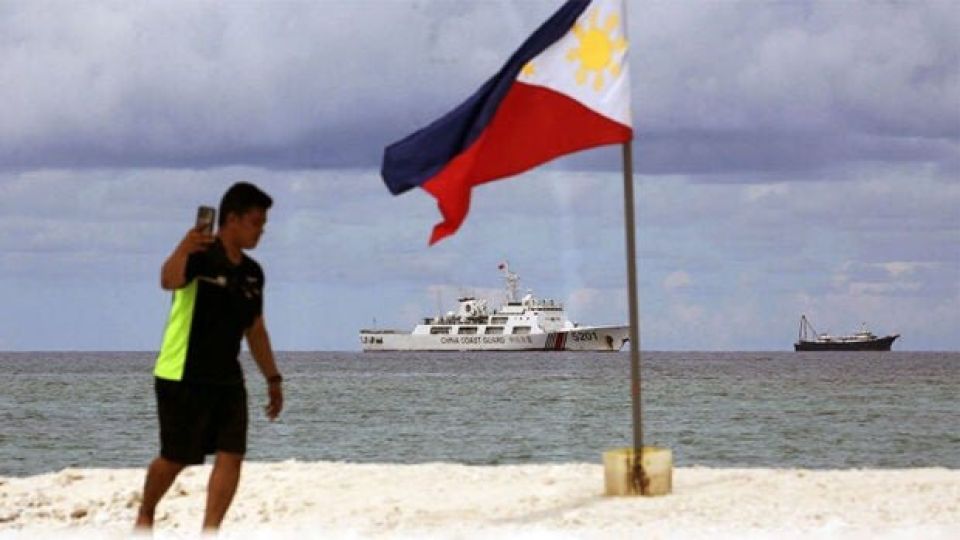
According to a recent analysis by the Washington, DC-based think tank, CSIS, Vietnam has been expanding its dredging and landfill projects in the South China Sea’s Spratly Islands, gaining an additional 330 acres of land since December of last year.
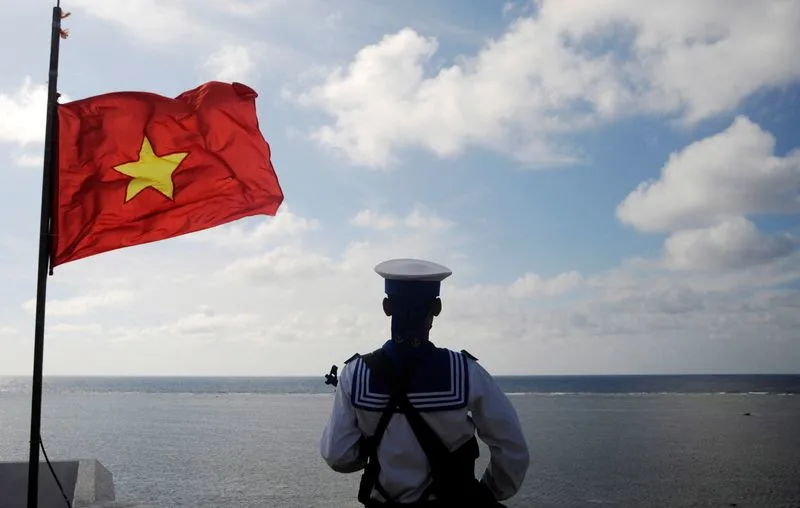
ASEAN defence ministers are set to meet in Jakarta to discuss regional challenges, including rising tensions over territorial disputes in the South China Sea. US Defence Secretary Lloyd Austin is expected to attend the regional bloc’s security meeting, reaffirming US commitment to the Indo-Pacific region.
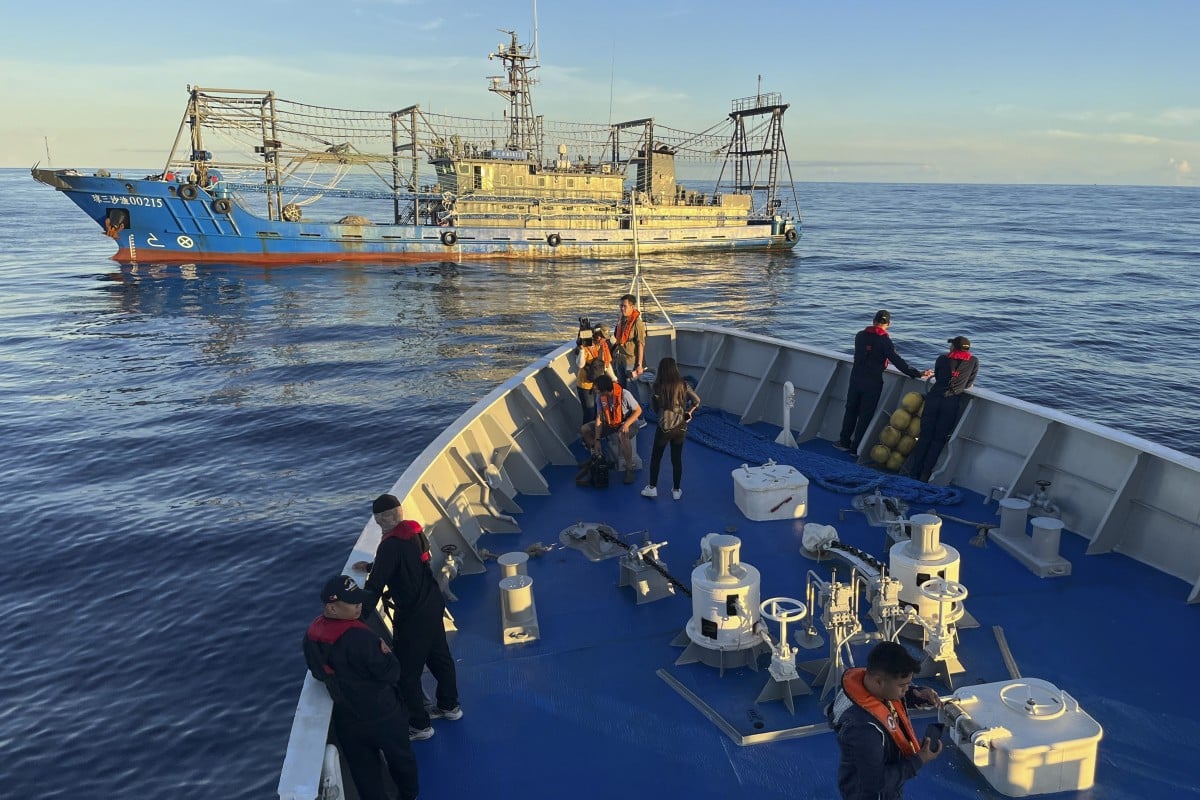
Chinese and Philippine vessels engaged in a new confrontation in the South China Sea on Friday, with Manila charging that a Chinese coast guard ship and accompanying vessels conducted dangerous maneuvers and blasted a Philippine supply ship with a water cannon in disputed waters. China responded that it acted appropriately under maritime law to defend what it says is its territory.
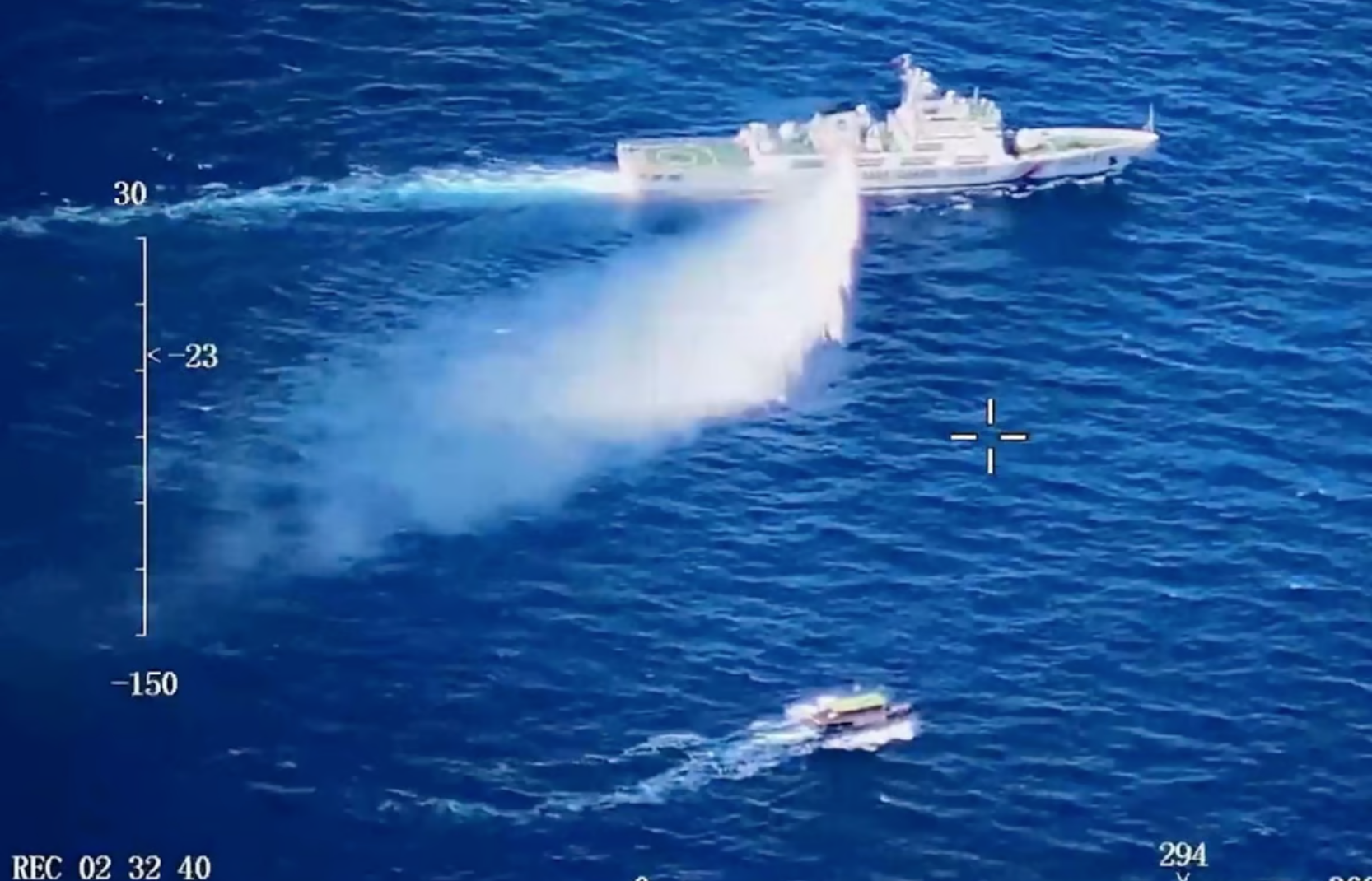
The USS Dewey (DDG 105) exercised navigational rights and freedoms in the South China Sea near the Spratly Islands on November 3, in accordance with international law. Following the operation, the USS Dewey (DDG 105) left the excessive claim region and resumed operations in the South China Sea. By contesting limitations on innocent passage imposed by the People’s Republic of China (PRC), Taiwan, and Vietnam, this freedom of navigation operation (“FONOP”) protected the rights, freedoms, and authorized uses of the sea recognized in international law.
